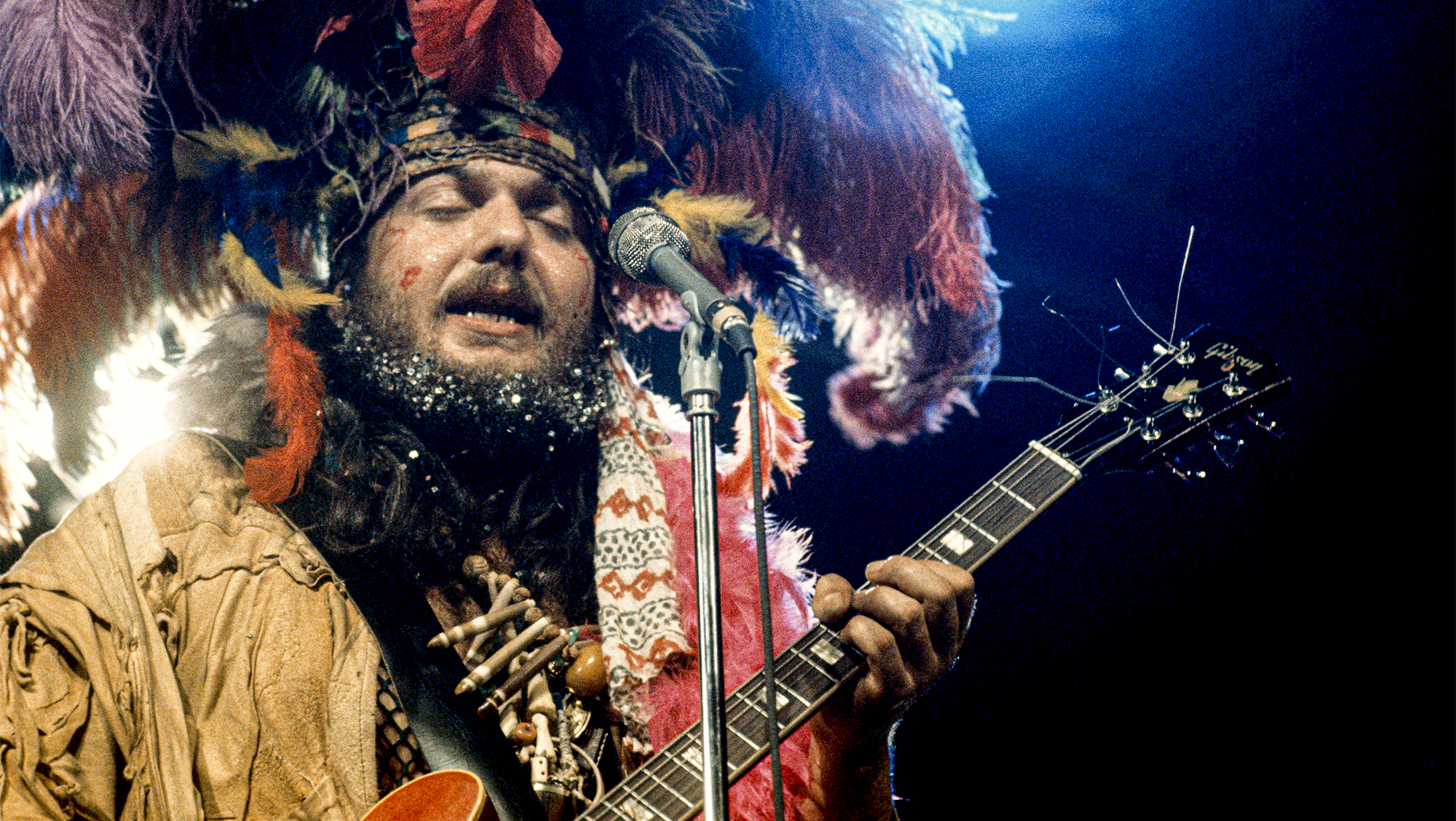“He said, ‘I can’t tell a thing of what you’re playing. Why don’t you just come in and play it yourself?’” Doyle Bramhall II on Eric Clapton's incredible offer that brought him the gig of a lifetime
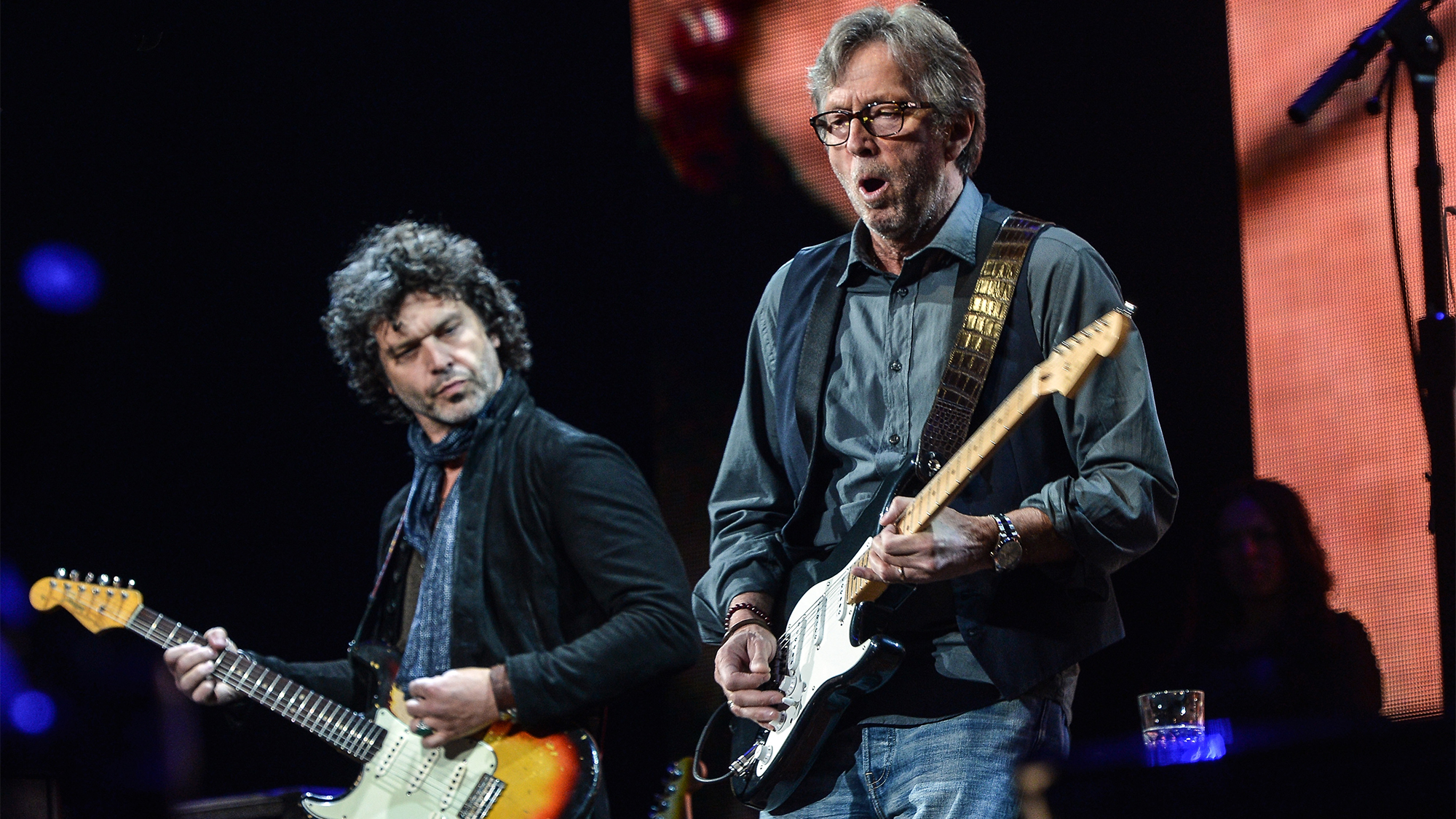
All the latest guitar news, interviews, lessons, reviews, deals and more, direct to your inbox!
You are now subscribed
Your newsletter sign-up was successful
You might expect a certain degree of cockiness from a guitarist whose résumé includes studio and live work with names such as Elton John, the Fabulous Thunderbirds, T Bone Burnett, Gregg Allman, Allen Toussaint, Sheryl Crow, Billy Preston, the Tedeschi Trucks Band, Dr. John, Michael McDonald, Questlove and Meshell Ndegeocello.
But you don’t get a trace of conceit from Doyle Bramhall II. The Austin-born picker stresses that most of his good fortune — or his “charmed life,” as he puts it — stems from having grown up with a supportive father, famed Texan drummer Doyle Bramhall, a collaborator with the likes of Freddie King and Lightnin’ Hopkins, who opened doors for his young son by introducing him to some of his famous colleagues.
“My father really got me going,” Bramhall explains. “Right from the beginning, he put me in front of people like Stevie Ray Vaughan. Stevie talked about me in interviews, and he brought me onstage with him. He’s the reason why I got in the Fabulous Thunderbirds. He recommended me to Jimmie Vaughan as second guitarist.”
Bramhall also singles out Clifford Antone, the legendary Austin kingmaker, whose nightclub, Antone’s, became the hub of Texas blues after it opened in 1975. “Clifford put me onstage with Albert Collins and Muddy Waters’ original band,” Bramhall explains. “He created a lot of opportunities for me when I was just coming up.”
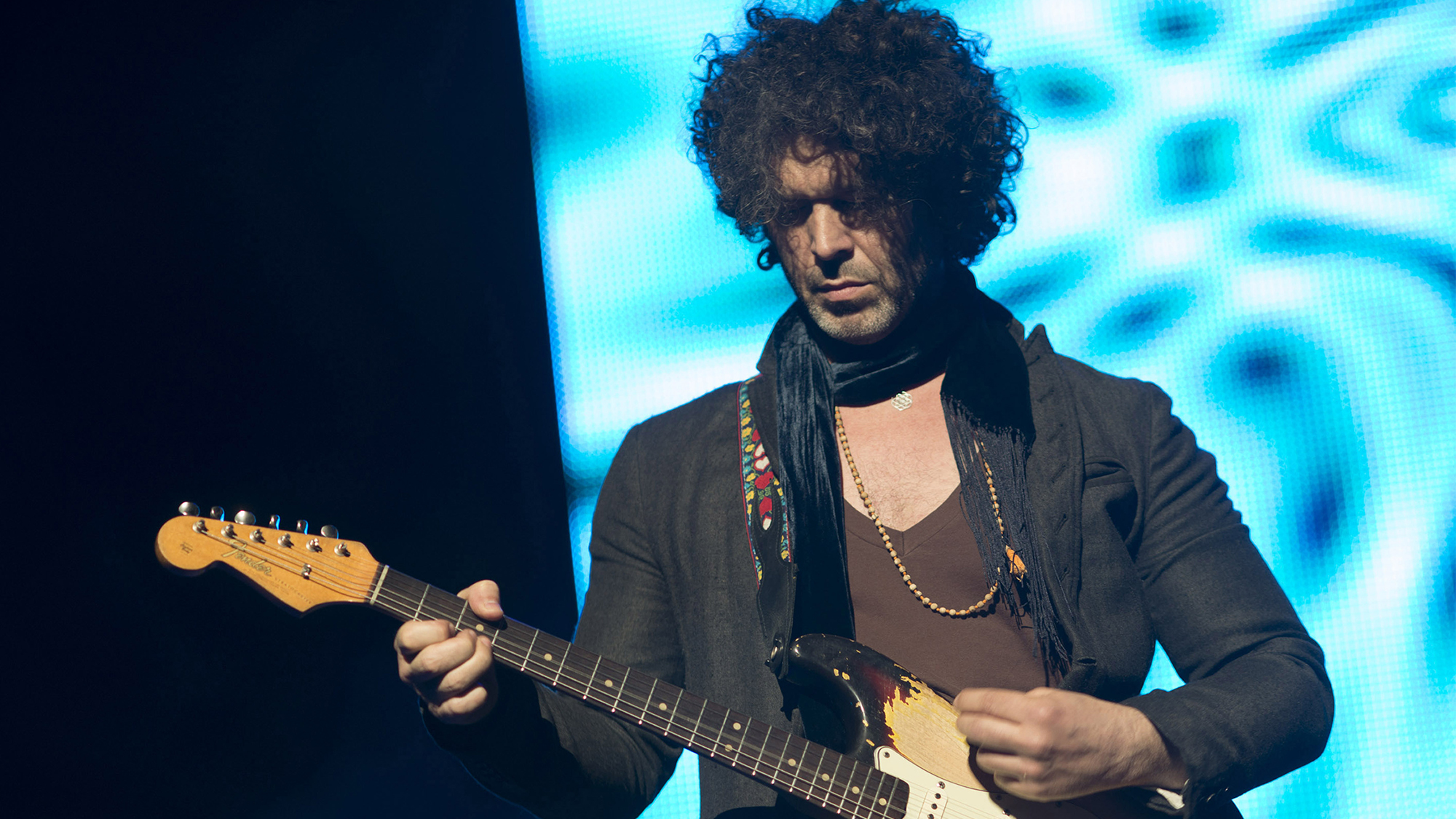
Pedigree and famous boosters can take you pretty far, but Bramhall — a southpaw who plays his guitar turned upside-down and strung righty — notes that his lucky breaks wouldn’t have mattered if he didn’t have the chops to back them up.
“It’s not like I’m Forrest Gump, lucking my way through life,” he cautions. “You get onstage with somebody, you’ve got to have the goods, for sure. But again, I have to credit the people who brought me along, because they taught me the true spirit of musicianship, listening and collaborating. I learned from the best, and that helped me go from one musical experience to the next.”
After stints with the Fabulous Thunderbirds as well as his own band, the Arc Angels, which included fellow Austin electric guitar ace Charlie Sexton and SRV’s Double Trouble rhythm section (bassist Chris Layton and drummer Tommy Shannon), Bramhall embarked on a solo career, issuing a pair of well-received albums, Doyle Bramhall II (1996) and Jellycream (1999). He would have continued happily on a solo career path had it not been for two iconic musicians who called upon his services.
All the latest guitar news, interviews, lessons, reviews, deals and more, direct to your inbox!
First there was Roger Waters, who tapped Bramhall to play guitar and sing both lead and backup vocals on his 1999–2000 In the Flesh world tour.
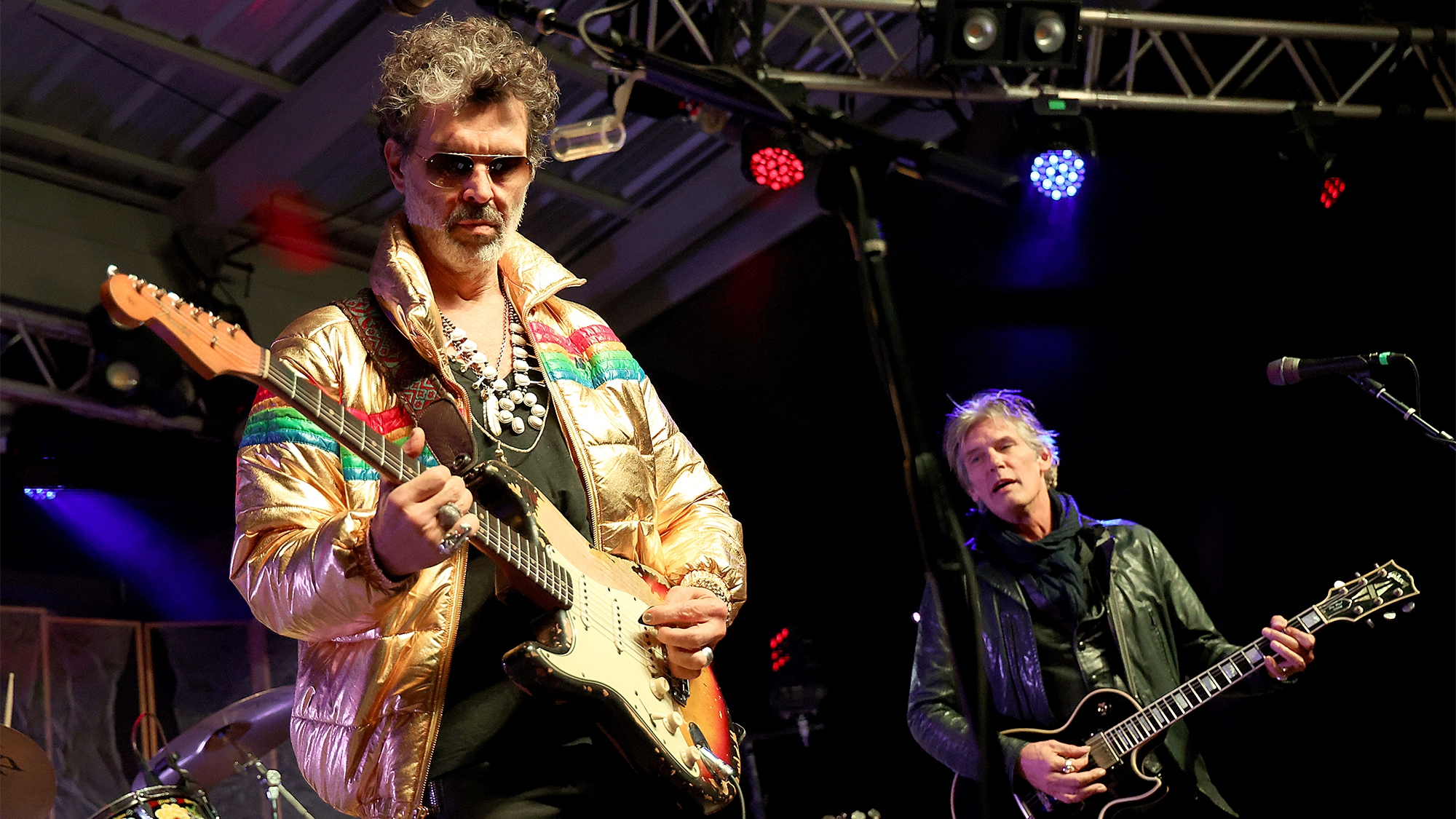
Next came the opportunity of a lifetime, in 2000, when Eric Clapton invited him to take part in the recording of his Grammy-winning duet with B.B. King, Riding With the King.
“Eric called me and said, ‘Do you want to get together at my house and help me learn these songs of yours?’ He was getting ready to record with B.B. King, and he wanted to do some of my material. That was pretty incredible.
“So I met with him, and we sat together with two guitars. He was trying to learn the way I played things. Finally, he said, ‘I can’t tell a thing of what you’re playing, but you obviously have a vision of what you do. Why don’t you just come in and play it yourself?’
“I don’t know if that was his plan all along, but it was interesting how it worked out.
“I think that’s what made me feel so comfortable with him from the beginning. He didn’t make me feel out of my league. He was so supportive of me as an artist, constantly giving me words of support and asking me questions about the way I did things. It was almost disarming the way he could compliment me on so many different things. It was easy to be myself around him without thinking too much about who he is.”
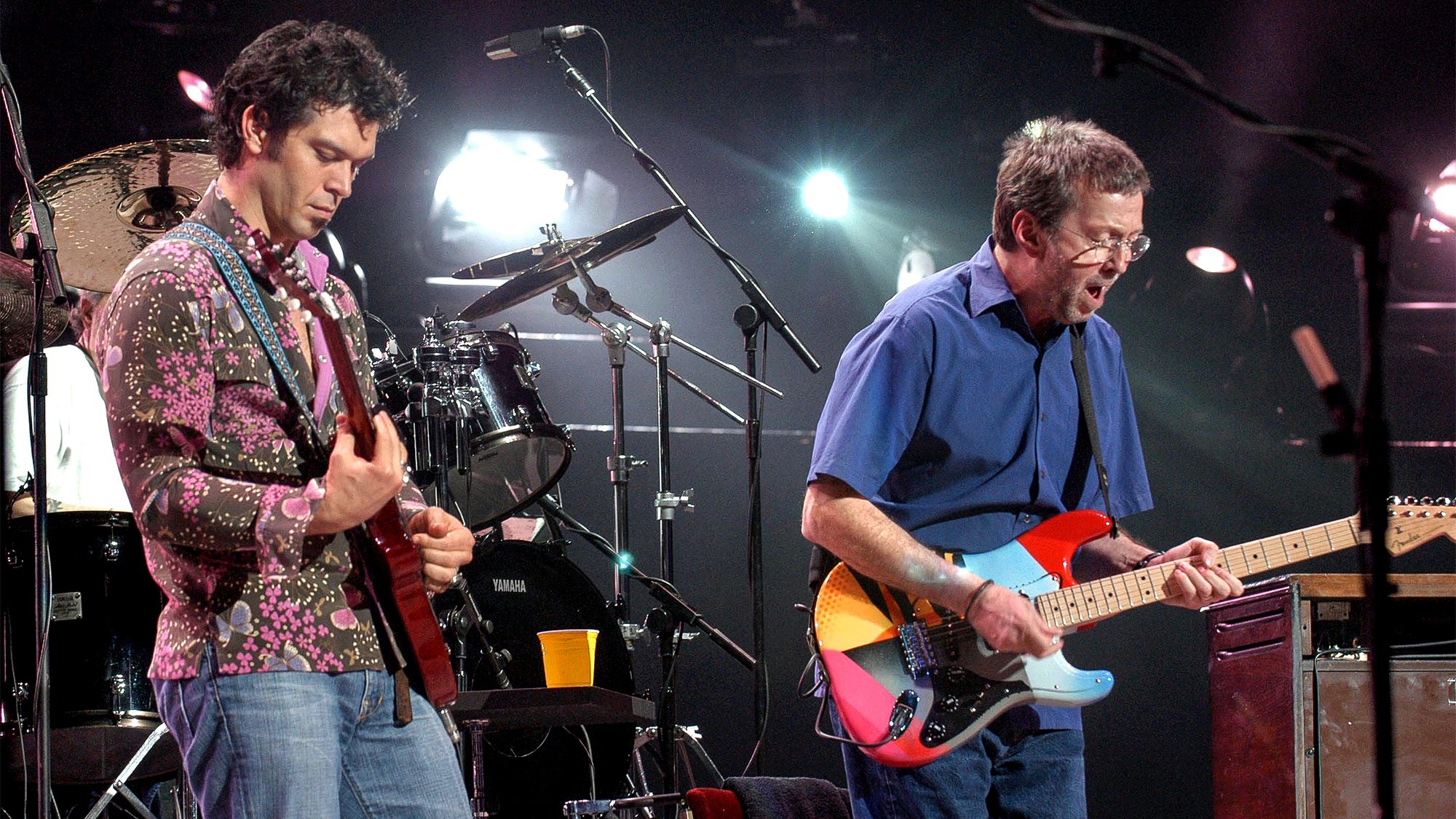
Bramhall and Clapton clicked so well that they became practically inseparable. In addition to joining Clapton’s touring band, Bramhall played guitar on his 2004 Robert Johnson tribute albums, Me and Mr. Johnson and Sessions for Robert J, and his own songs were woven into Clapton’s records.
Eventually, Bramhall graduated to co-producer on the albums Clapton (2010) and Old Sock (2013). “There’s no way I can adequately describe what Eric has meant to me all of these years,” Bramhall says. “The musical lessons he taught me have been immense, and I’m proud to call him my dear friend.”
To most guitarists, working side by side with Clapton is the ultimate dream. From a playing standpoint, Bramhall says,“There are probably lots of things that rubbed off on me. Everything he plays has a purpose. There are no throwaway lines.
“If I had to pinpoint something about soloing, I would say it’s how commanding he is. His notes are big. There isn’t a lot of extraneous stuff, and even when he does get fiery, it’s always there for a reason. There’s emotion behind what he plays. He also understands the arrangement to a solo. He gets in big and he gets out big. It’s like he’s making a real statement.
“When you’re standing right next to him, you really feel it. When a song builds to a crescendo, it’s like he’s rising right along with it. And then, like I said, the way he gets out of a song is pretty dramatic. There’s always an urgency to what he’s playing. He’s taking you on a ride.”

Joe is a freelance journalist who has, over the past few decades, interviewed hundreds of guitarists for Guitar World, Guitar Player, MusicRadar and Classic Rock. He is also a former editor of Guitar World, contributing writer for Guitar Aficionado and VP of A&R for Island Records. He’s an enthusiastic guitarist, but he’s nowhere near the likes of the people he interviews. Surprisingly, his skills are more suited to the drums. If you need a drummer for your Beatles tribute band, look him up.
